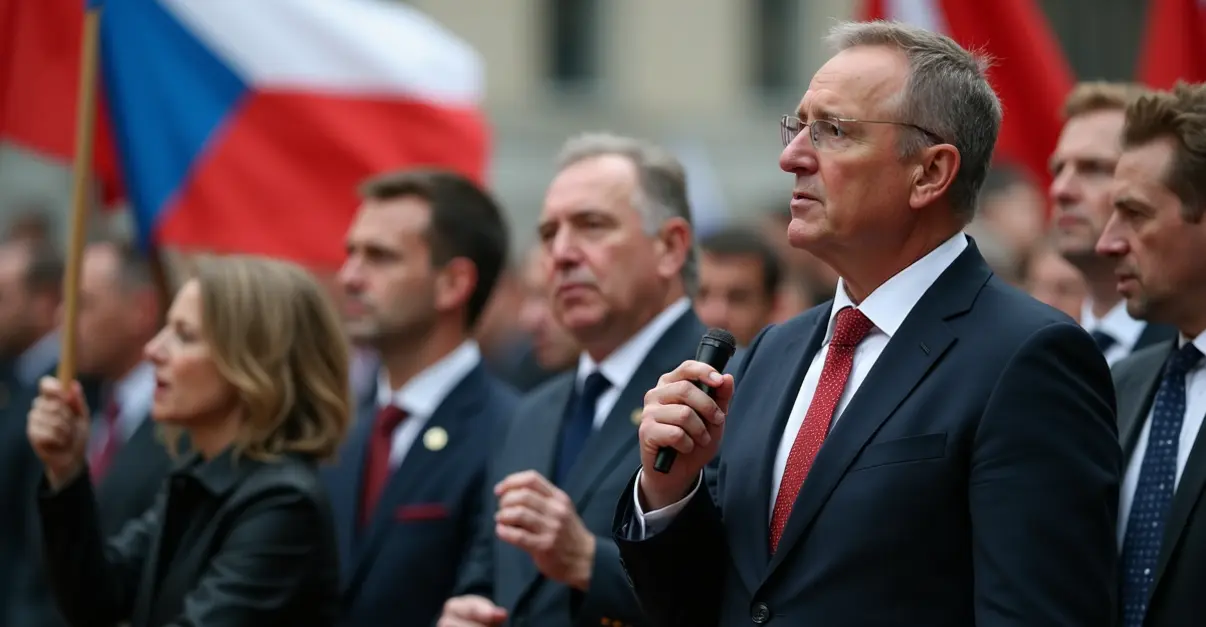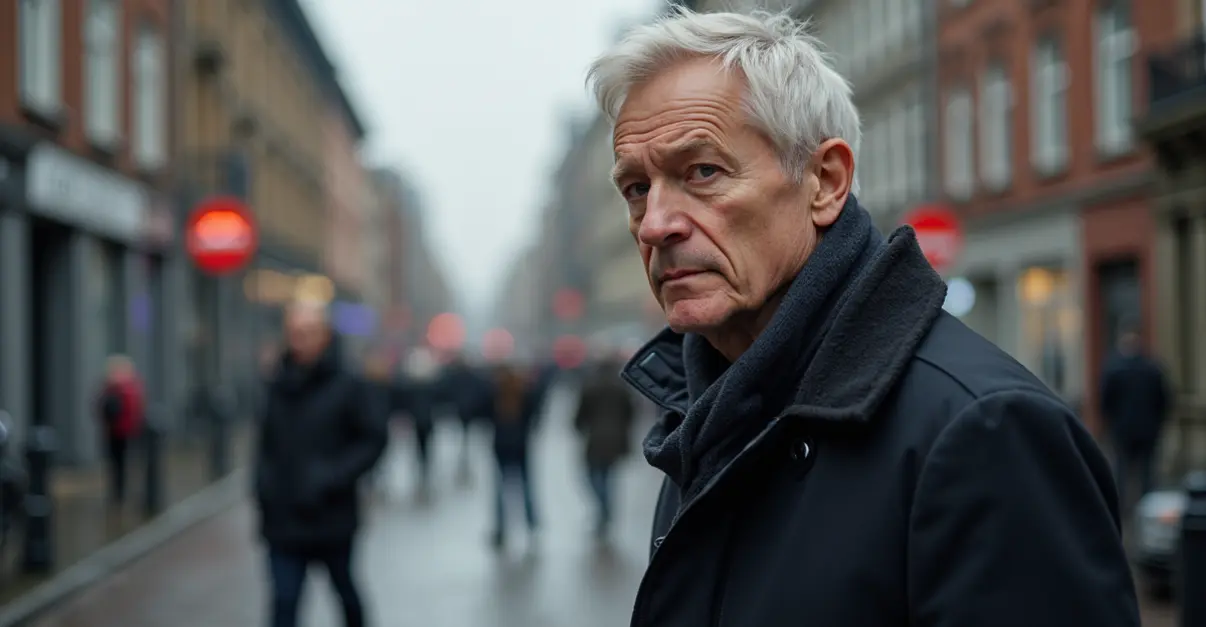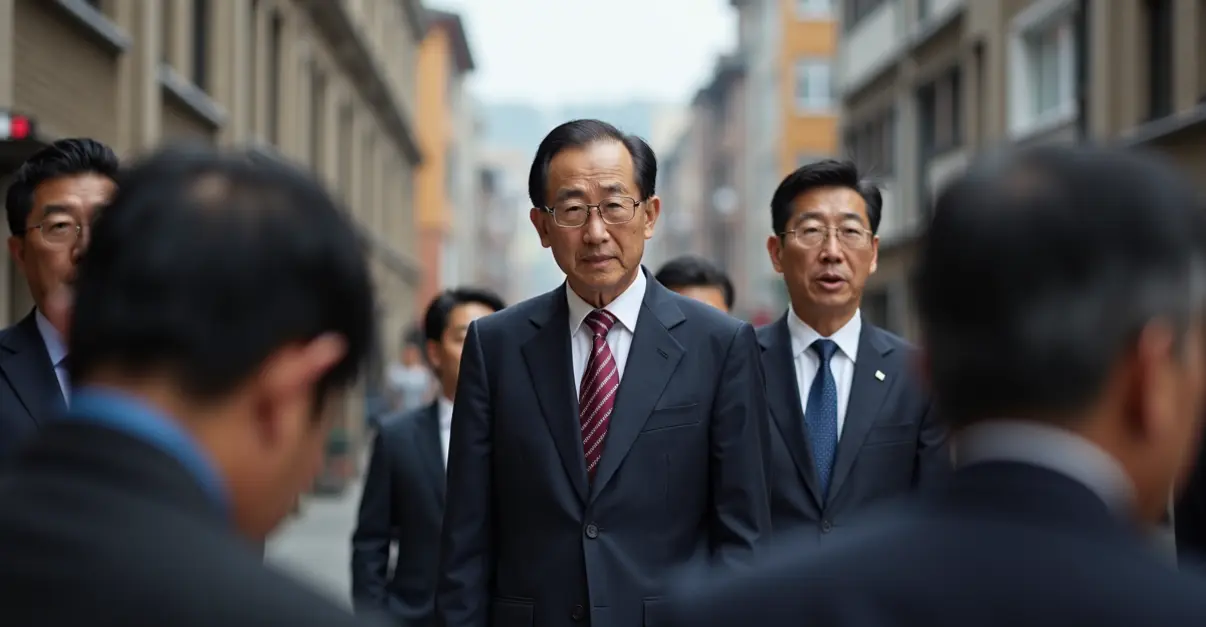In the parliamentary elections in Portugal, the center-right Democratic Alliance (DA) has secured the most votes. The party, led by current Prime Minister Montenegro, who was recently dismissed by parliament, failed to achieve an absolute majority.
With nearly all votes counted, the DA has obtained over 32% of the votes, roughly the same as in the previous elections. Montenegro claimed in his victory speech that he has a clear mandate to govern. However, the prolonged political deadlock in the Southern European country does not seem resolved.
For the Portuguese, this was the third time in three years they went to the polls for a new parliament. In March, the current government, which had been in power for less than a year, collapsed. Montenegro faced allegations of corruption, accused of benefiting from a company registered under his wife's name. His predecessor, António Costa, resigned prematurely in 2023 amid similar corruption accusations.
The Socialist Party, Montenegro's main rival, secured between 20% and 25% of the votes today—their worst result in over 35 years. Party leader Santos announced his resignation following the defeat.
The far-right party Chega, which has been gaining traction despite scandals, nearly matched the Socialist Party's results. Montenegro has repeatedly stated he will not form a government with Chega.

 Nederlands
Nederlands
 English
English
 Deutsch
Deutsch
 Français
Français
 Español
Español
 Português
Português










